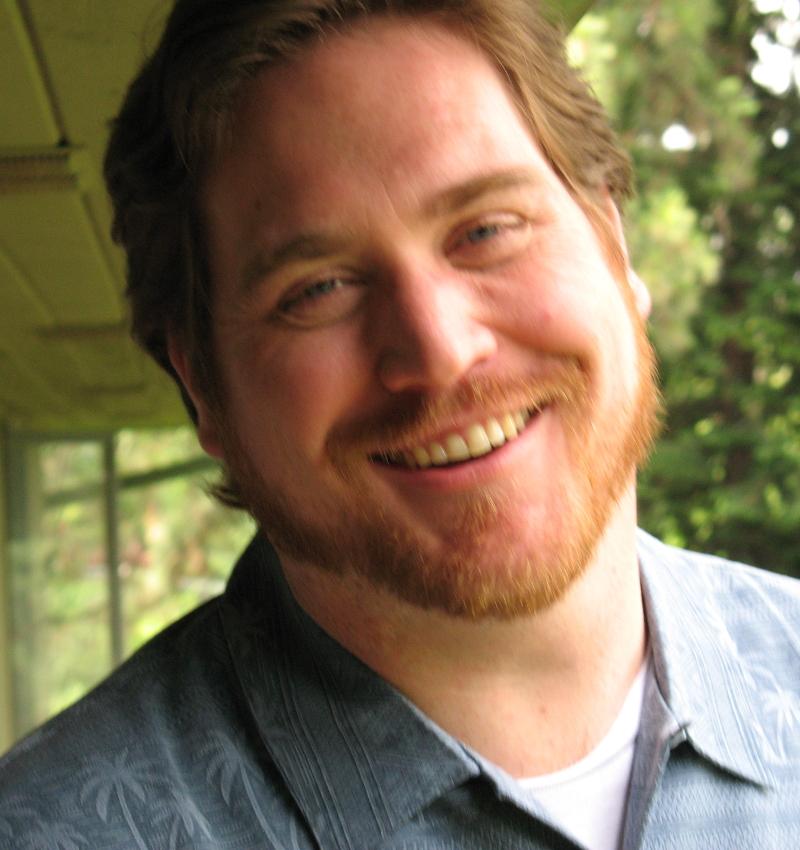Role-Playing Game RPG Research - Illusion of Choice in Role-Playing Games
Illusion of Choice in Role-Playing Games - an idea stub for discussion
She broke out of the tropes and stereotypes. She had enhanced initiative, high charisma, focused on dex and intelligence for fighting (finesse over brute force fighting).
But she broke that trope even more (the DEX fighter), but maxxing CHArisma (Wheee), instead. Which completely changed their play style, rather than making it about the mechanics, made it about the
ROLE-Play rather than the ROLL-play
Yeah, you are in the weeds here, not really about illusion of choice, you're going on about ROLL-players versus ROLE-players
Illusion of choice is usually applied to the game play itself in most studies. The players believe they have a choice in what to do. They can go left or right, though really all paths end up same
Narrow minded min-maxing boooooooring. 😛
\
The illusion of choice is a psychological mental model that states humans are happy if they believe that have control over their own actions and can exercise free will. If free will is deprived, or
seemingly deprived, from an individual, he or she will become resentful or rebellious, even if the choice forced upon him is identical to the one he would have selected of his own accord.
The term "Hobson's choice" is often used to mean an illusion of choice, but it is not a choice between two equivalent options, which is a Morton's fork,
nor is it a choice between two undesirable options, which is a dilemma. Hobson's choice is one between something or nothing.
A Hobson's choice is different from:Dilemma: a choice between two or more options, none of which is attractive.False dilemma: only certain choices are considered, when in fact there are others.
Catch-22: a logical paradox arising from a situation in which an individual needs something that can only be acquired by not being in that very situation.
Morton's fork, and a double bind: choices yield equivalent, and often undesirable, results.
Blackmail and extortion: the choice between paying money (or some non-monetary good or deed) or risk suffering an unpleasant action.
Hobson had an extensive stable of some 40 horses
This gave the appearance to his customers that, upon entry, they would have their choice of mounts,
when in fact there was only one:
Hobson required his customers to choose the horse in the stall closest to the door.
This was to prevent the best horses from always being chosen,
which would have caused those horses to become overused
That is what people refer to for the illusion of choice.
he could rotate the horses he wanted to keep the same ones from being over used. but the selector doesn't know this is going on and the choice is being made for them, but they BELIEVE they made choice
So they are happy. Whereas if they knew, and he told them (as you used Ford example), they would rebel and be unhappy with their choice even though identical choice.
Buridan’s Ass is an illustration of a paradox in philosophy in the conception of free will. It refers to a hypothetical situation wherein an ass is placed
precisely midway between a stack of hay and a pail of water.
Since the paradox assumes the ass will always go to whichever is closer, it will die of both hunger and thirst since it cannot make any rational decision to choose one over the other.
The paradox is named after the 14th century French philosopher Jean Buridan, whose philosophy of moral determinism it satirizes.
Hobson’s Choice: A free choice in which only one option is offered; i.e., “take it or leave it”.
Morton’s Fork: Is a choice between two equally unpleasant alternatives (in other words, a dilemma) or two lines of reasoning
that lead to the same unpleasant conclusion. It is analogous to the expression, “between the devil and the deep blue sea,” and “between a rock and a hard place”.
References
https://www.joshuakennon.com/mental-model-the-illusion-of-choice/
https://en.wikipedia.org/wiki/Hobson%27s_choice
https://www.dailyinfographic.com/the-illusion-of-choice-infographic

Hawke Robinson
Known across multiple industries as "The Grandfather of Therapeutic Gaming" because he has been studying the effects and uses of role-playing games and their potential to achieve therapeutic goals longer than anyone else, Hawke Robinson is a Washington State Department of Health Registered Recreational Therapist.
He has a diverse and deep background in Therapeutic Recreation / Recreation Therapy, computer science, neuroscience, cognitive neuropsychology, neurotech, research psychology, nursing, play therapy, education, music, and role-playing gaming.
- Hawke Robinson has been involved with role-playing games in community settings since 1977.
- Studying methods for optimizing the experience of role-playing games, software development, and online since 1979.
- A paid professional game master since 1982.
- Studying the effects of role-playing games upon participants since 1983.
- Providing role-playing games in educational settings and for educational goals since 1985.
- Working with incarcerated populations since 1989.
- Researching and using role-playing games to achieve therapeutic goals for a wide range of populations from 2 years old through senior adults since 2004.
- Founder and Executive Director of the non-profit 501(c)3 charitable research and human services organization, RPG Research.
- Founder and CEO of the for-profit RPG Therapeutics LLC and RPG.LLC.
- Author of multiple books in technology and gaming W.A. Hawkes-Robinson books available on Amazon.
- Creator of the wheelchair accessible RPG Mobile fleet vehicles and trailers.
- Founder of the experiential learning Role-Playing Game RPG Museum, and much more.
- Creator of the Brain-Computer Interface Role-Playing Game (BCI RPG) and many other related projects.
No comments yet. Start a new discussion.